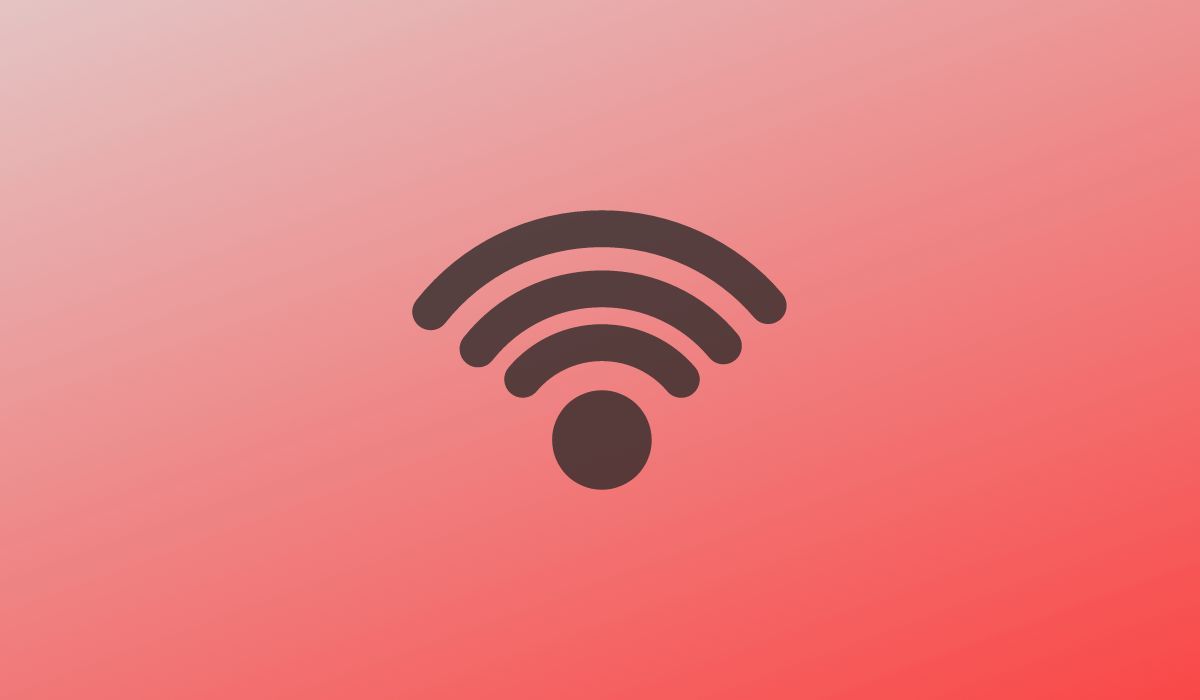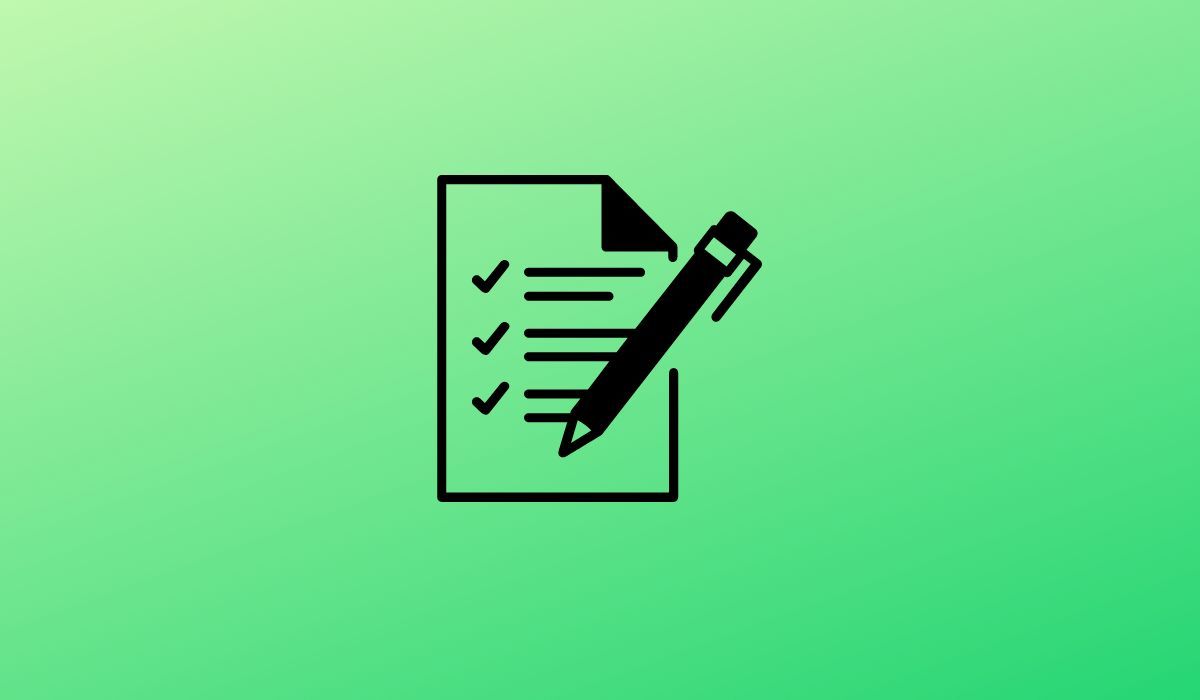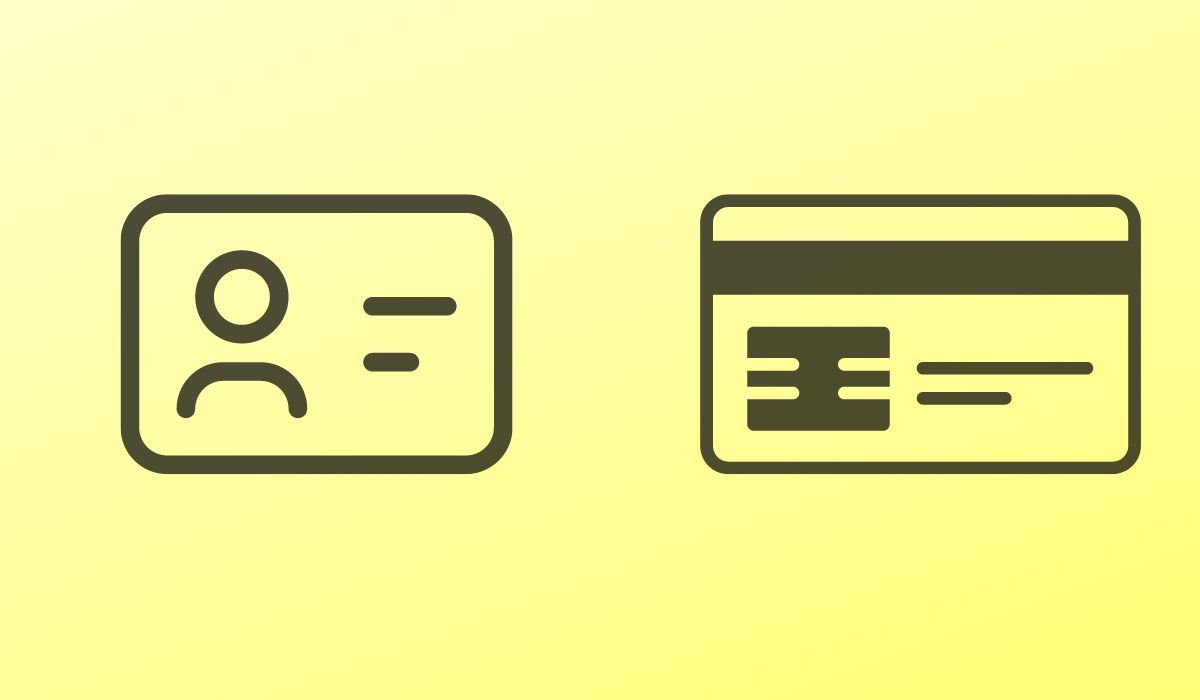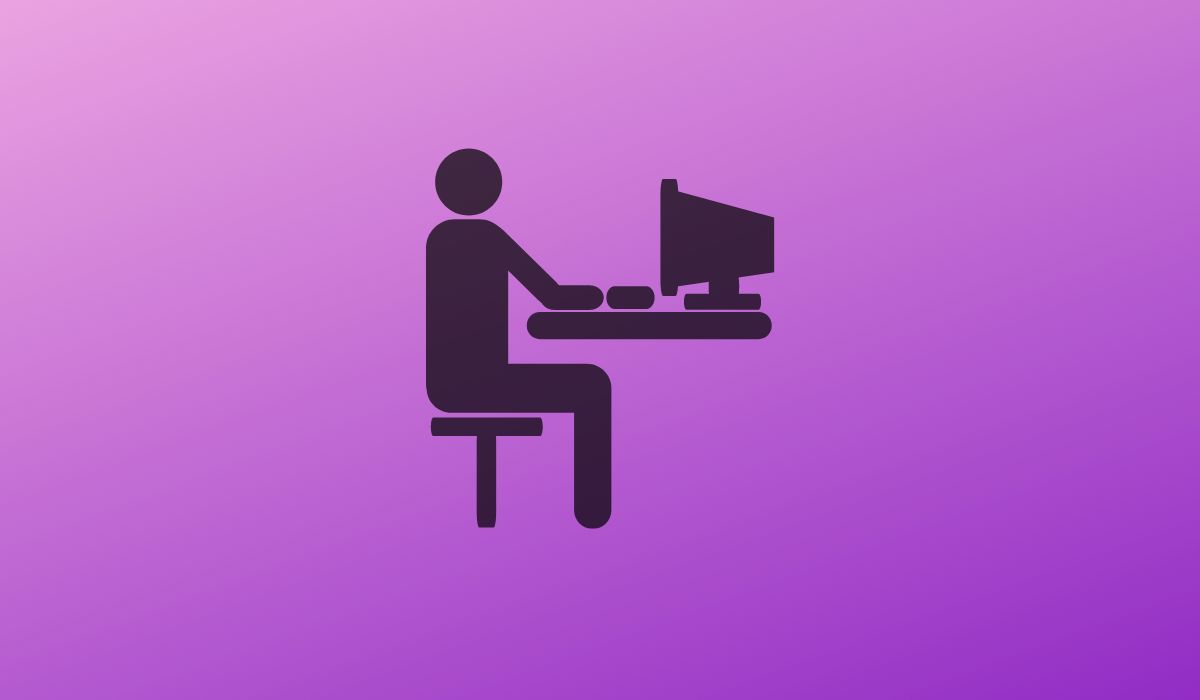[ad_1]
In its broadest sense, Internet privacy (otherwise known as Internet privacy or digital privacy) refers to the protection of data transmitted over the World Wide Web.
Everyone knows that tech companies collect this data, but there are still some misconceptions that should be dispelled. So, here are some of the common beliefs that you simply shouldn’t believe…
1. No one cares what I do online
“I am neither a whistleblower nor an activist. Nobody cares what I, an ordinary citizen, do on the Internet.” Such thinking, but it is completely wrong. Everything you do online matters. The search terms you use, the web pages you visit, and the choices you make all play a role in how you come across online.
It’s probably happened to you a few times: you mention something or an upcoming event to a friend, and then see a related ad later that day. This doesn’t necessarily mean that social media giants like Facebook are eavesdropping on your conversations and serving you ads based on your words — they collect so much data about you that they don’t need to, even if they could.
Based on what they know about you, the tech giants’ algorithms can’t just predict your next moves, but actually influence and manipulate your behavior. In fact, your data is so valuable to them that it forms the basis of their business strategies. So yes, everyone cares what you do online.
2. Security and privacy are the same thing
When someone describes a product or service as secure and encrypted, most people assume that this also means that the same product or service is private. But in reality it is not so. In fact, security does not mean privacy at all.
For example, Gmail from Google is completely secure. It has never been seriously breached, and it protects users with a robust and secure encryption protocol called Transport Layer Security (TLS). But it is far from private. Google collects all kinds of data about you and automatically personalizes ads based on what it knows. In short, privacy-focused Gmail alternatives exist for a reason.
To quickly see what Google knows about you, launch Gmail, click your profile icon, and go to Manage your Google Account. Log in from there Data and Privacyand then press Advertising personalization. Scroll down and you’ll see that Google has more or less successfully calculated your age, gender, professional interests, hobbies, and more.
In general, there are many online services that are secure but far from private. And while it’s true that security and privacy go hand in hand, they’re definitely not the same thing.
3. Companies must respect my privacy if so stated in their TOS
“We respect your privacy and are committed to protecting your data.” You see these soothing slogans all the time. More often than not, these ambiguous statements mean what the legal team that came up with them would like them to mean.
If you really want to know how a particular company processes your personal data, you need to read the terms of service and privacy policy very carefully. And even that is sometimes not enough, as most such documents are difficult to read, contain a lot of legalese, and in other cases are full of carefully worded disclaimers meant to protect the company from lawsuits.
It goes without saying that few people have the time to sift through a 10-page privacy policy before downloading an app, but it’s always worth doing a little research on a product or service before using it. Of course, it’s also important to understand how data privacy works and be proactive about protecting it.
4. I cannot be identified unless I share personal information
Even those who are not overly concerned about their online privacy will not want to share personal information such as their address, name, phone number or bank account details with strangers. But can you be identified if you don’t actually share information about yourself online? The answer is yes.
In theory, almost everyone who uses the Internet can be identified through de-anonymization, the process of matching anonymous data with publicly available information. In practice, you already have something called a digital fingerprint, or unique information about your device, system, and browser that separates you from others.
Avoiding invasive software, using a private browser, and hiding your real IP address with a VPN can certainly help protect against fingerprinting, but it’s important to remember that you can be identified no matter how careful you seem to be .
5. If you have done nothing wrong, you have nothing to hide
What’s the harm in voluntarily giving up some privacy for a free digital product? It’s a perfectly legitimate question, and one that embodies the sentiment of many, which is that if you’ve done nothing wrong, you have nothing to hide.
This argument falls apart on basic consideration. After all, if you have nothing to hide, why protect your accounts with passwords? Why not let everyone read your private WhatsApp conversations and emails or view your search history? Because you don’t want to give up your privacy.
Regardless of your philosophical viewpoint, privacy breaches pose enormous cybersecurity risks, ranging from identity theft to fraud. The idea that you can put your data in the hands of an unaccountable corporation or an authoritarian government is simply wrong no matter how you look at it.
Privacy matters: take steps to protect it
Data is collected from you for a reason: it is extremely valuable. You can either opt out of this data (and your privacy with it) or take steps to protect it.
But even in this age of ubiquitous surveillance and global interconnectedness, there are things you can do to protect yourself and your personal information. At the end of the day, it all comes down to developing safe habits, because online privacy also means knowing what not to do.
[ad_2]
Source link





